Zohran Mamdani's election as the mayor of New York City has sparked interest in his vision for a "dream economy," a concept rooted in democratic socialism. According to Eric Levitz, a senior correspondent at Vox, Mamdani's supporters and allies believe that democratic socialism can be achieved through a combination of public ownership, regulation, and social welfare programs.
Mamdani's supporters argue that a democratic socialist economy would prioritize the needs of the many over the interests of the few. They propose implementing policies such as rent control, free public college, and a universal basic income, which would be funded through a combination of taxes on the wealthy and corporations. This approach, they claim, would help reduce income inequality and promote economic growth.
Levitz notes that Mamdani's vision is not about creating a socialist utopia, but rather about creating a more equitable society. "Democratic socialism is not about abolishing markets or private property," Levitz said in an interview. "It's about using the power of government to regulate markets and ensure that they serve the public interest."
Mamdani's supporters point to countries like Norway and Denmark as examples of successful democratic socialist economies. These countries have implemented policies such as high taxes on the wealthy, strong social safety nets, and public ownership of key industries. As a result, they have achieved high levels of economic equality and social welfare.
However, critics argue that Mamdani's vision is unrealistic and would lead to economic stagnation. They point out that high taxes and regulations can stifle innovation and entrepreneurship, leading to reduced economic growth and increased unemployment. "Democratic socialism is a recipe for disaster," said a spokesperson for the New York City Chamber of Commerce. "It would strangle our economy and drive businesses out of the city."
Despite these criticisms, Mamdani's supporters remain optimistic about the potential for democratic socialism to work in practice. They argue that the key to success lies in careful planning and implementation, as well as a commitment to transparency and accountability. "We're not trying to create a socialist utopia," said a spokesperson for the Democratic Socialists of America. "We're trying to create a more just and equitable society, where everyone has access to the resources they need to thrive."
As Mamdani begins his term as mayor, he will face significant challenges in implementing his vision for a democratic socialist economy. He will need to navigate the complexities of city politics, build coalitions with other elected officials, and balance the competing interests of different stakeholders. Despite these challenges, Mamdani remains committed to his vision and is determined to make it a reality.
In the coming months, Mamdani's administration will begin to implement key policies, including rent control and free public college. These initiatives will be closely watched by economists, policymakers, and the general public, who will be eager to see whether they can achieve the desired outcomes. As the city's economy and politics continue to evolve, one thing is clear: Zohran Mamdani's vision for a democratic socialist economy will be a major factor in shaping the future of New York City.



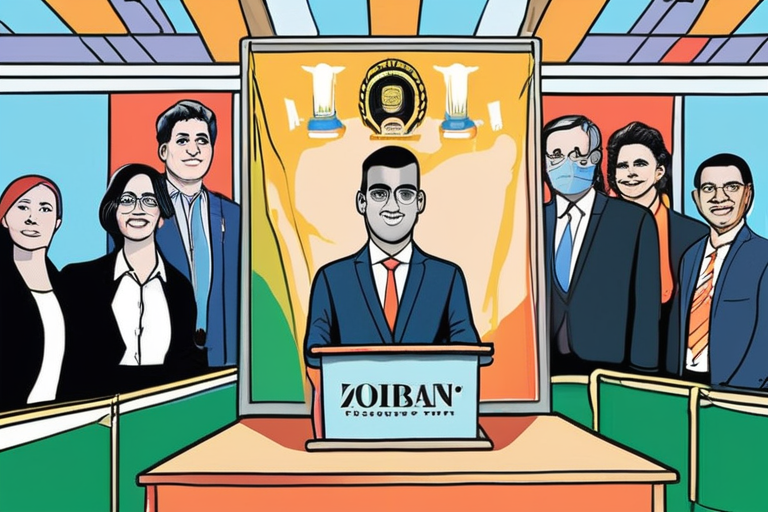

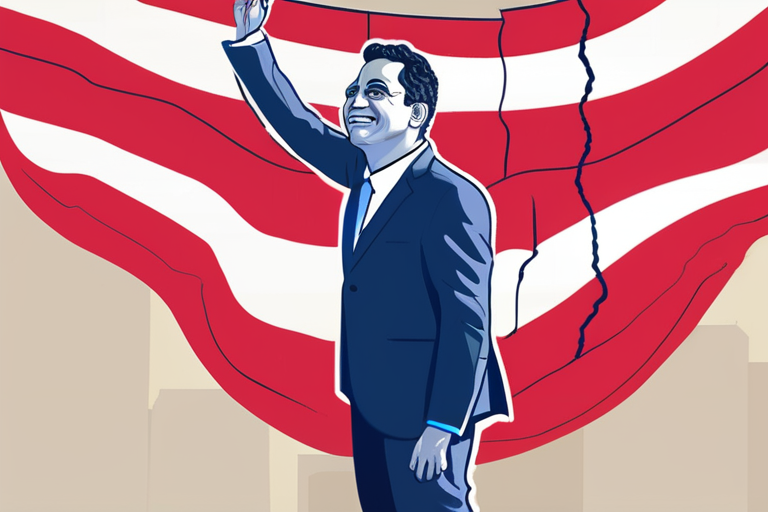

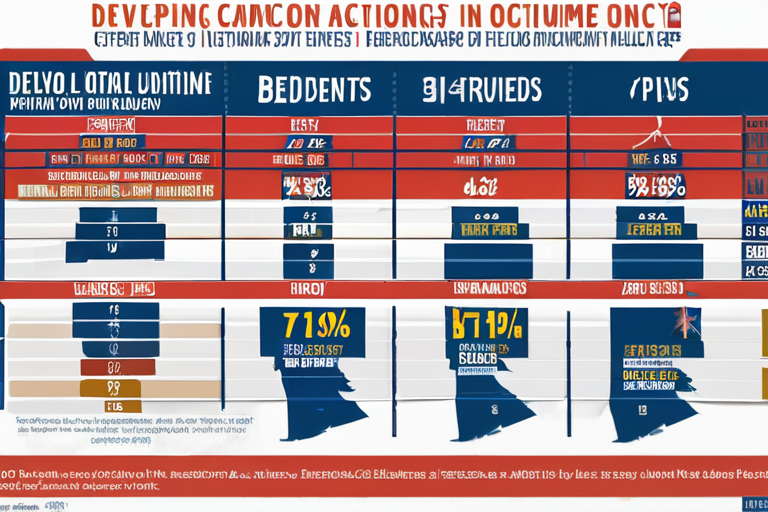
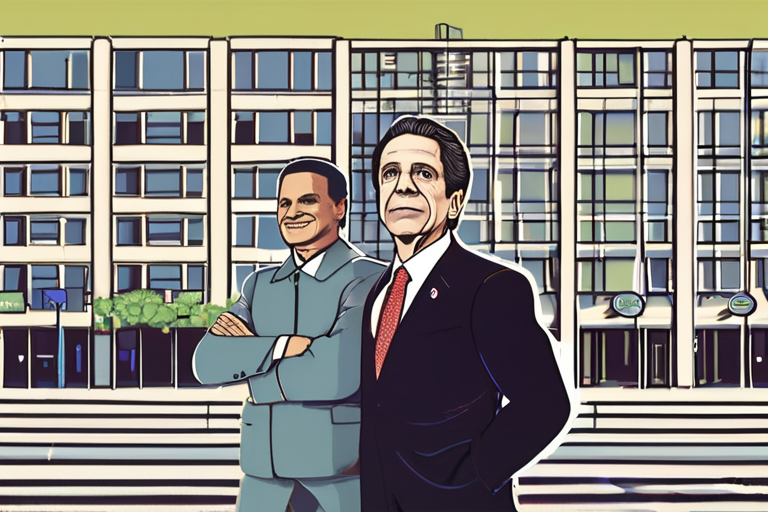
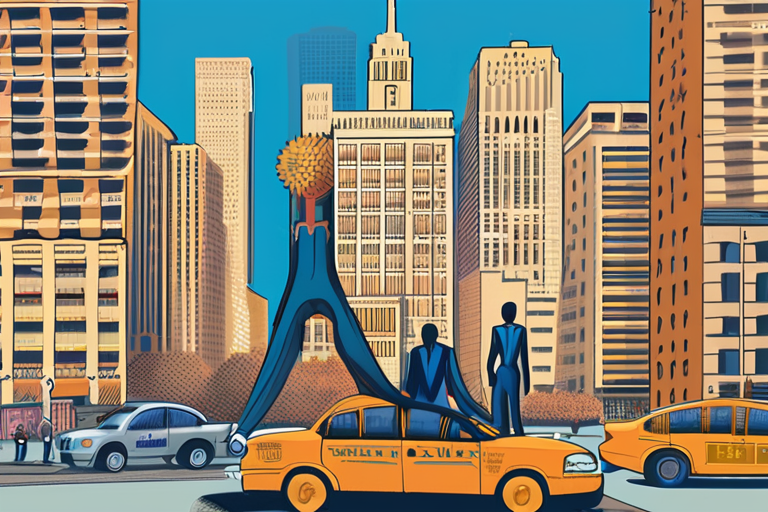
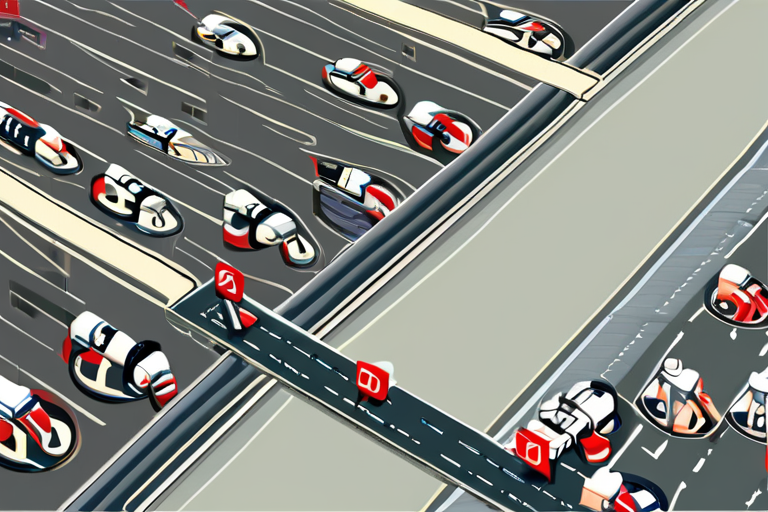
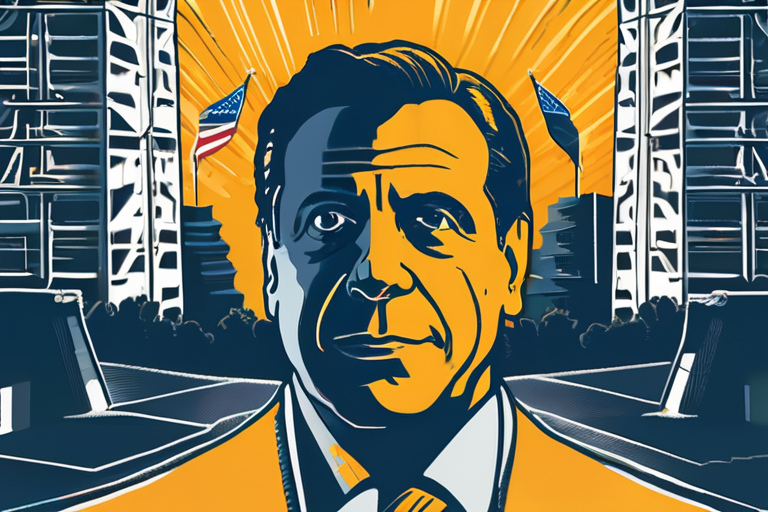




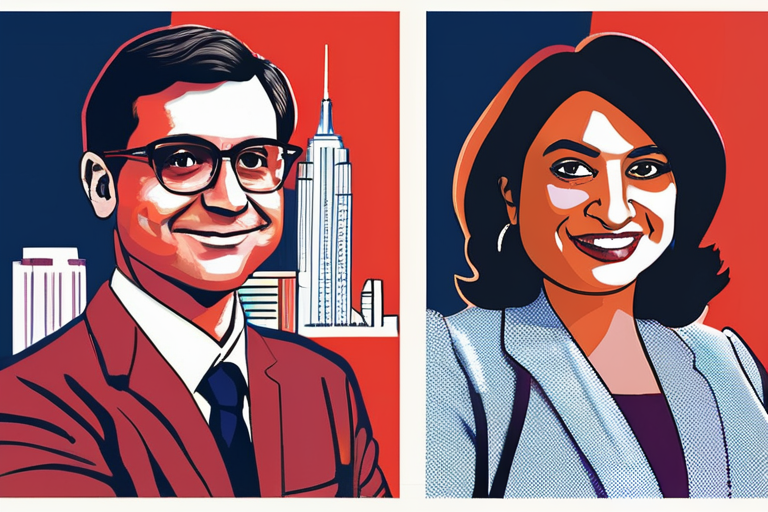

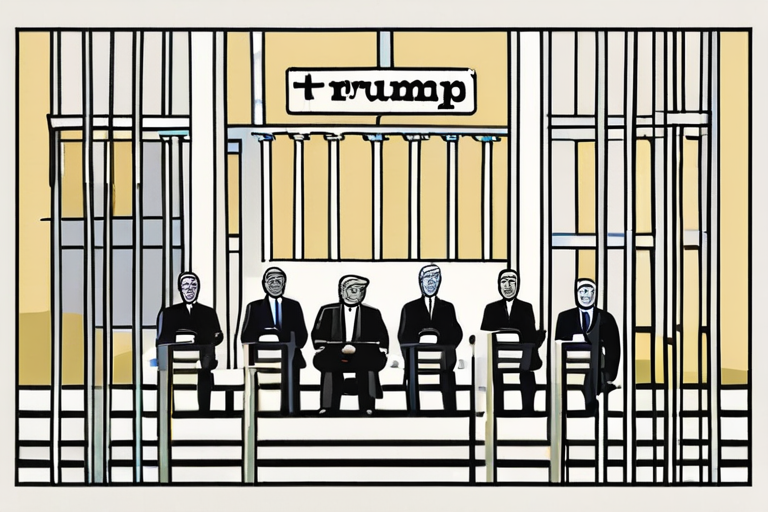

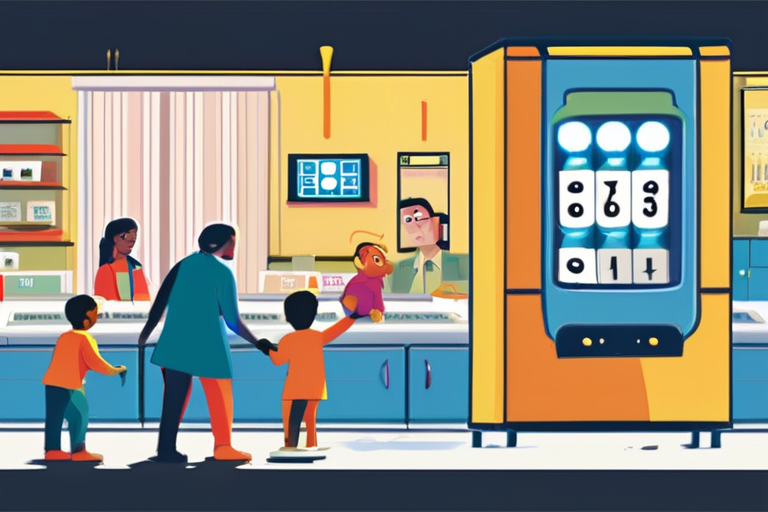

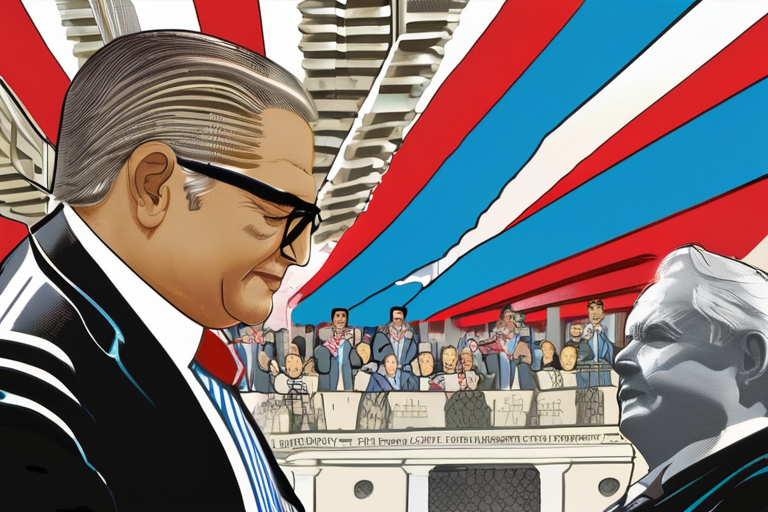
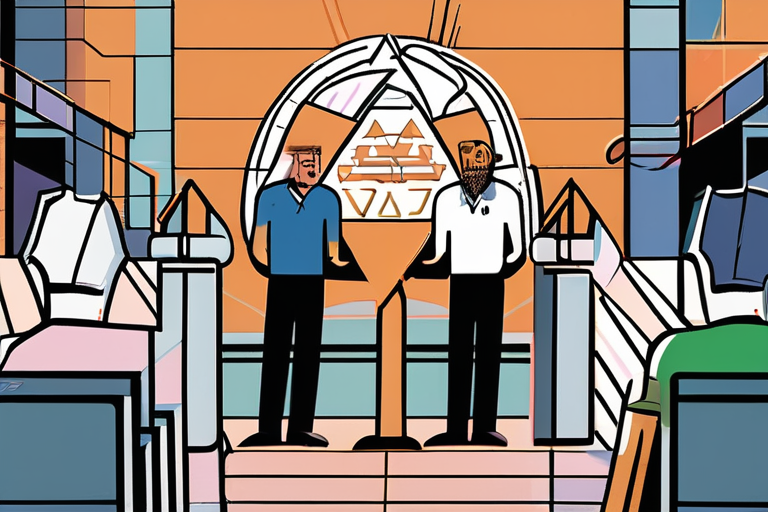

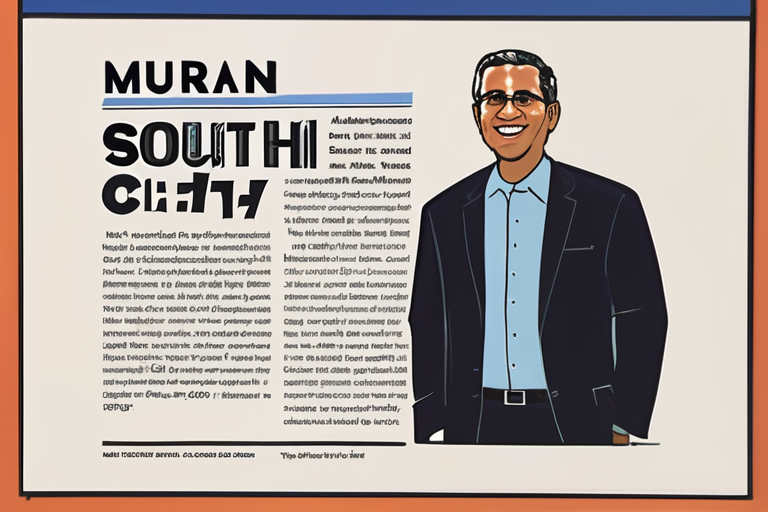
Share & Engage Share
Share this article